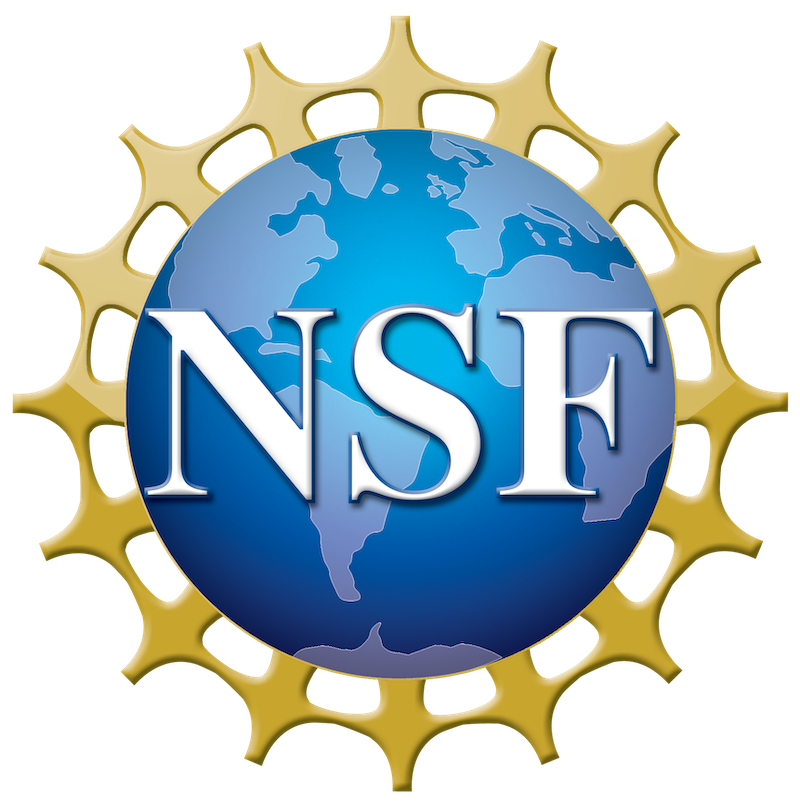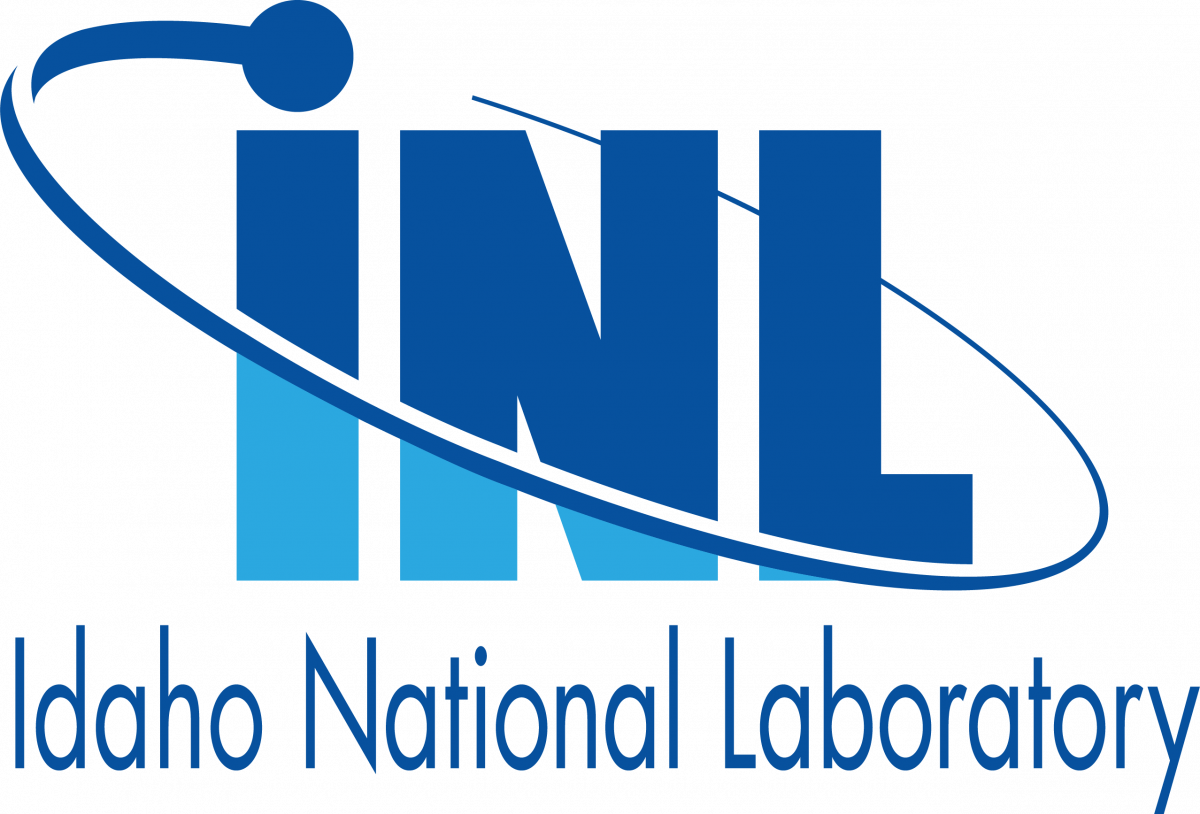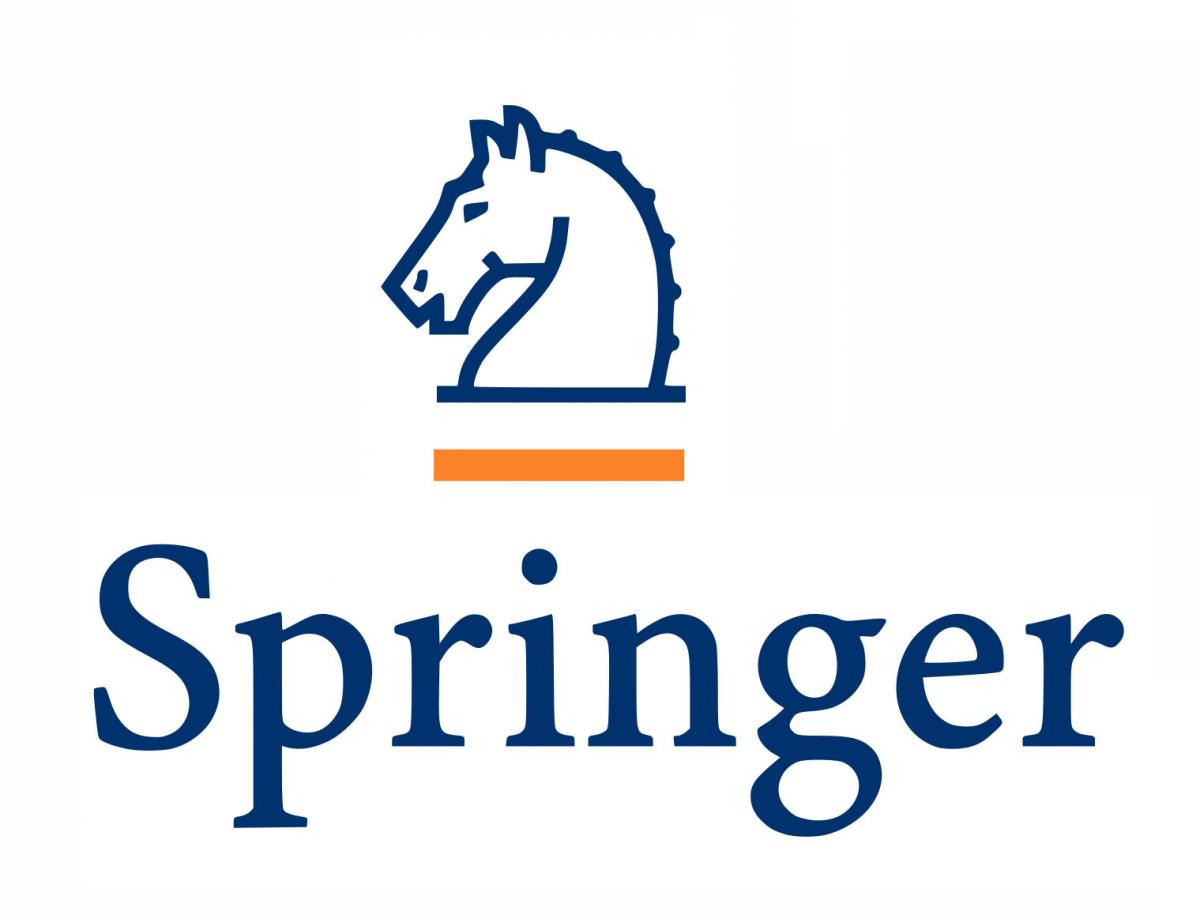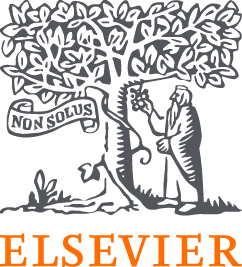Parisa Khodabakhshi, Lehigh University
Elnaz Seylabi, University of Nevada Reno
Many-query applications in large- and multi-scale engineering applications, requiring multitude of simulations, can become practically intractable due to limited computational budgets. Surrogate modeling is a viable solution for reducing the computational burden of these applications, where a low-cost yet reasonably accurate model replaces the computationally expensive forward model to define a mapping between the input or design parameter space and the quantities of interest. In this regard, Machine Learning (ML) approaches have received significant attention in the past decade due to their versatility and flexibility. The idea behind ML methods is to develop a nonlinear mapping using training data to make predictions on the model for unseen scenarios. To optimize the underlying structure of the mapping and ensure fidelity, ML-based methods require access to a significant amount of data. Even then, the results may not be generalizable, limiting their applicability in most engineering applications where training data is scarce, and its generation is computationally very demanding. On the other hand, scientific ML (SciML) methods aim to embed the physics of the underlying problem and utilize domain knowledge to help increase the reliability of the outputs of such physics-informed models with limited or no data. In this mini symposium, we invite contributions on recent algorithmic advances and successful examples of utilizing the ML and SciML methods and other relevant techniques in surrogate modeling of dynamical systems.











